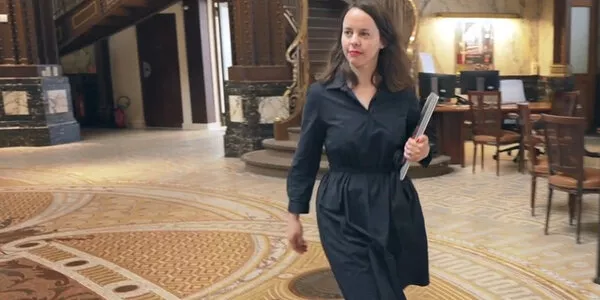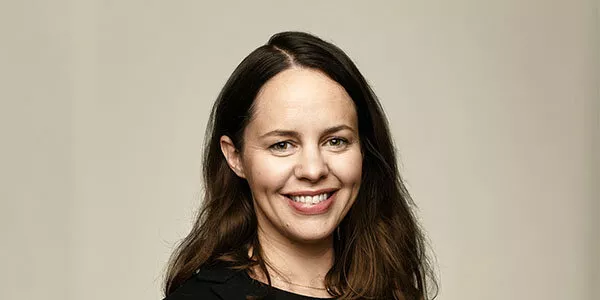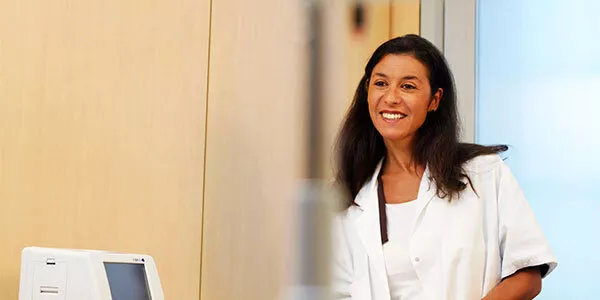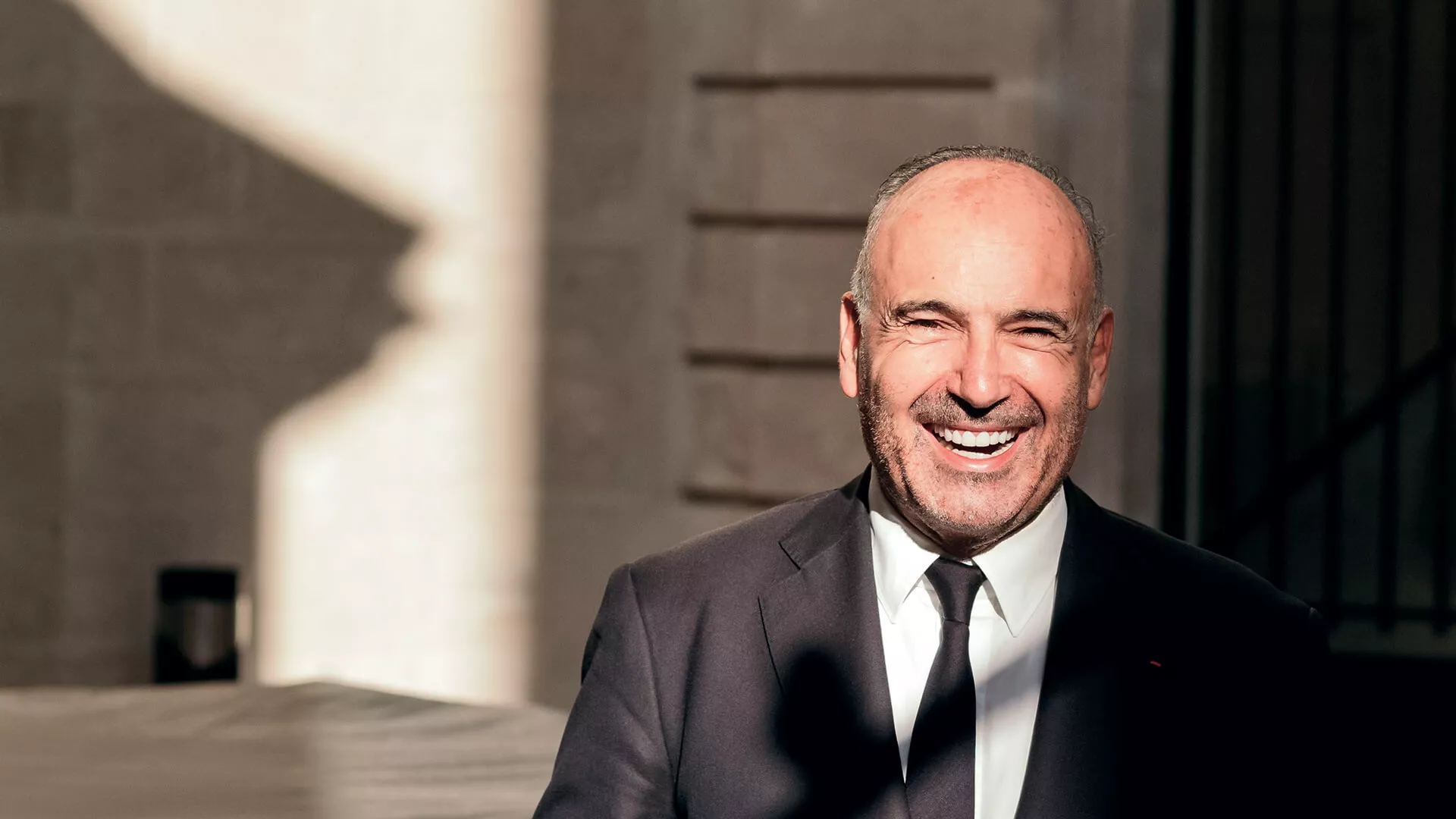
Philippe Journo: “giving just makes you better”
It’s a beautiful day at the end of summer and the Philanthro-Lab, winner of the Réinventer Paris competition, is opening its doors after three years of work. The building has been completely renovated and Philippe Journo has been casting his eye over every detail. It is a small project for the Compagnie de Phalsbourg, but undoubtedly one of the most important for its CEO, patron and architecture enthusiast.
Philippe Journo likes to tell the story of the building, built at the end of the 15th century to house the first faculty of medicine, opposite the Hôtel-Dieu, in one of the oldest streets in Paris, rue de la Bûcherie. It’s this story that gave him the idea of the Philanthro-Lab. “You have to imagine Paris in the 14th century. The city was supplied by the Seine and the ports were often specialised. Opposite you had the port where logs were off-loaded. The Parisians came to fetch their wood for heating, and they brought their unwanted or tainted meat, which was boiled and salted on the spot, to be given to the needy. It was the philanthropy of the day. The location is certainly part of our history. That is the essence of innovation: two separate stories that ultimately become intertwined.”
Genesis
Philippe Journo’s story is that of a French-style self-made man from the middle class: his father, a small trader, his mother, a teacher. “I would say that my mother, who was a very hard-working person, taught me how to earn a living and my father how to spend it elegantly,” he smiles. At the end of his business school studies, he interviewed successfully, but ultimately did not take to the life of an employee. He really wanted to be his own boss.
He bought his first company in 1987, and created the Compagnie de Phalsbourg two years later, at the age of 28. Is there a link to the small town of Phalsbourg in the Moselle region? “It is the mother of my daughter’s family’s hometown... but also that of the founders of Lazard bank. I’m a bit superstitious and I thought it would bring me good luck!” A good choice, it seems.
After a few years working in the business-turnaround sector, he realised that his true talent lay in real estate. He then specialised in out-of-town shopping centres and redesigned them to be open, landscaped and architecturally innovative. This resulted in the Atoll in Angers, Waves in Metz, and quite recently Mon Grand Plaisir in Yvelines. “I realised that the trend was clear: half the population was going to live in the suburbs. These areas had been somewhat abandoned and I felt, and I still believe, that people living in these areas should not be similarly abandoned. We must respect everyone, and do for them what we really know how to do best.” Today, it is the same ambition that guides him in major urban projects, a new preferred area of expertise for the Compagnie de Phalsbourg, winner of eleven projects in the Réinventer Paris and the Inventons la métropole du Grand Paris competitions.
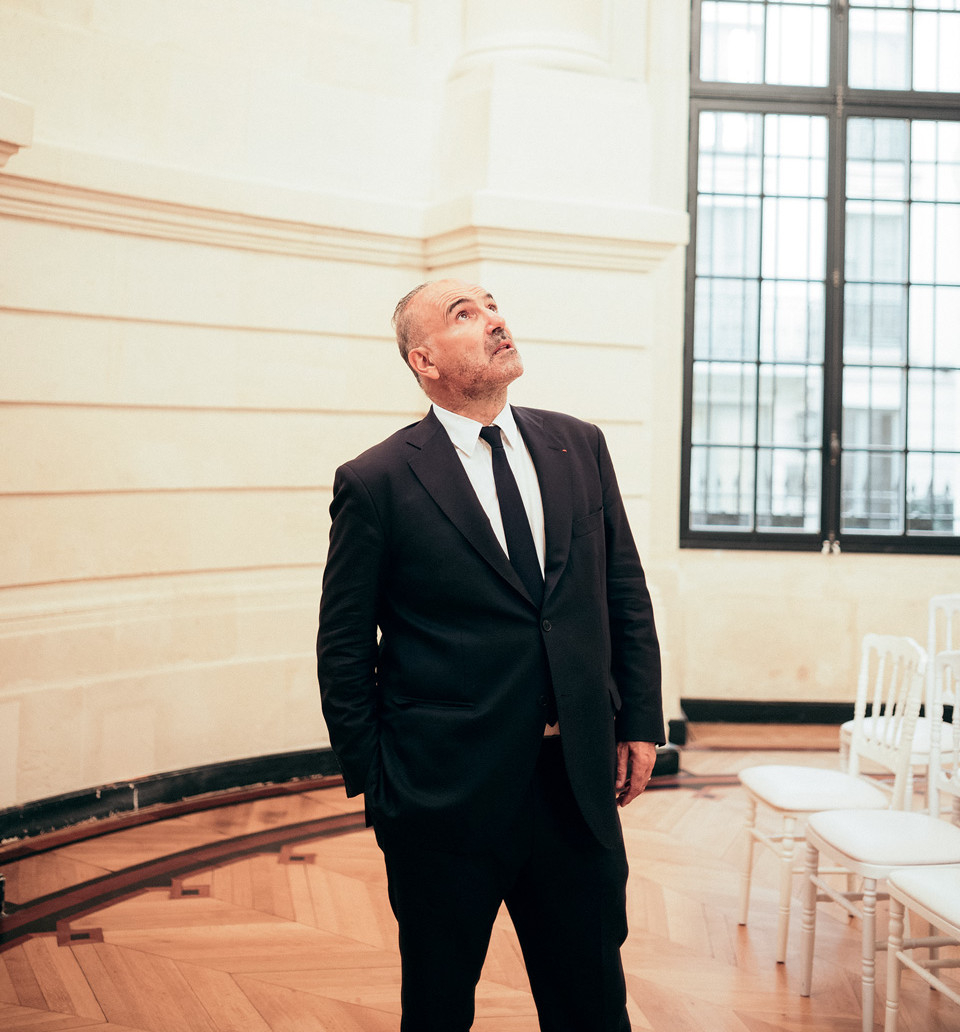
Philanthropist at heart
Philippe Journo says he discovered “an appetite for philanthropy” very early on. Undoubtedly the life of his sister, who is blind, has had an influence. She was supported by volunteers who read and recorded books for her and is now a law professor.
In 2007, he expressed his doctrine in a small booklet of a dozen pages, entitled Acting like a citizen, inspired by the Anglo-Saxon philosophy of ‘Giving back’: returning to society that which has been given to us. He decided to devote 20% of his personal income and his group’s profits to five different civic causes: helping the renovation of exceptional buildings, access to culture for all, help for the disabled and particularly for the blind, the conservation of cultural traditions and direct sponsorship of artists.
His first major sponsorship was the renovation of the facades of the National School of Fine Arts and the National School of Architecture of Paris-Malaquais, in 2007. This was followed by further sponsorship including the ring of lights surrounding the Paris Opera Garnier or the Église de Plaisir. Philippe and his wife Karine have also received the titles of ‘Major Patrons’ and ‘Major Donors’ from the Ministry of Culture. “I have always been fascinated by the grandeur of France, its history, its buildings. But I understood very early on that the state no longer had the means, and I could not allow this heritage to simply fall into ruin.”
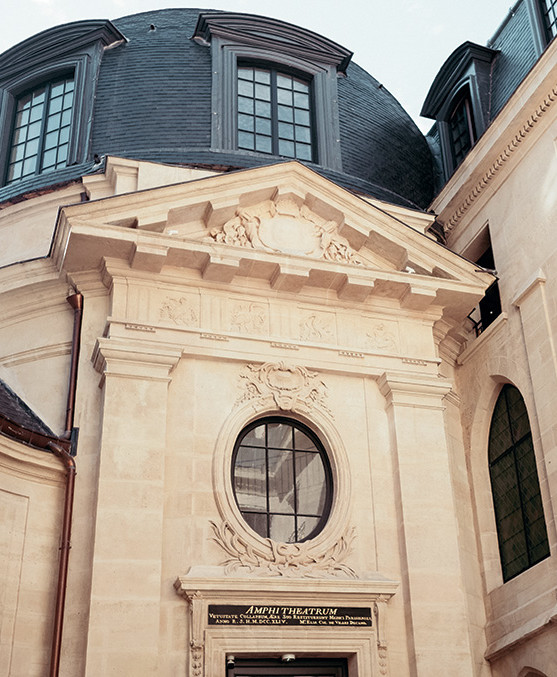
“All causes are good”
Even if Philippe Journo is particularly invested in cultural patronage, he believes that “all causes are good” and that this choice depends on an individual’s personal story. “There are three motivations to philanthropy: the cause, the person presenting the cause to you, and the emotion the cause elicits. In Notre-Dame, the cause is worth €10 million, it is the result of the fundraising launched to do the work, and the emotion is worth €840 million.”
On 15 April 2019, he was on the roof of the Philanthro-Lab, with his wife. “We cried for two hours as we watched Notre-Dame burning. The next day we offered to lend the use of the Philanthro-Lab, which is just a few metres away, to set up the offices of the archbishop and/or the teams that were going to work on the reconstruction. The extreme generosity of the French touched me greatly. And I do think it’s somewhat regrettable that certain people criticised François Pinault’s 100-million euro donation and then Bernard Arnault’s 200-million euro donation. I find this kind of polemic really inappropriate: having disagreements is one thing but one should not spit in the face of those who choose to give.”
Democratising the giving reflex
In his 2007 booklet, Philippe Journo proposed making the first 500 euros of any donation tax-free. “I went to see all the ministers, they just told me ‘forget it, France can’t afford it’”. Undaunted, he continued to promote this initiative at a new level of 100 euros. Because the process counts as much as the donation. “The idea is that everyone should say to themselves at the beginning of the year: what cause is dear to my heart and deserves my donation? It is a wonderful opportunity to take an interest in others.”
For Philippe Journo, we must incrase the types of commitment (rounding up at shop check-outs, pro bono, volunteering, etc.) and convince everyone to give, whatever their means, money, time or skills. “Giving just makes you better, and if everyone gives, on a macroeconomic scale, it can make the whole world a little better, and society a little less selfish.” Democratising the reflex of giving to create a better world is Philippe Journo’s vision, and it is the one he intends to promote through the Philanthro-Lab.
PHILANTHRO-LAB:
A PLACE TO ENCOURAGE ENGAGEMENT
The Philanthro-Lab is the first site entirely dedicated to philanthropy, a meeting place for patrons, project leaders and volunteers, which is both a coworking space, a training and advisory centre, and a place of civic engagement where everyone can come and support the cause or non-profit of their choice. It is a completely new concept, according to Philippe Journo, who has not found an equivalent elsewhere in the world. It is not over yet. The basement — which will house a restaurant by Michelin-starred chef Thierry Marx, and his professional social reintegration association — is still under construction. The terrace — with its breathtaking view of Notre-Dame — awaits its philanthropic bar, and the oculus, looking out over the courtyard, its medicinal plants as a nod to the history of the site. But the Philanthro-Lab is open and already a-buzz with the enthusiasm of its first residents: Make.org, Entreprendre&+, Ma chance moi aussi, Gratitude, CeQueJeVeuxFairePlusTard...
The 2,000m2 listed building, has been superbly restored and fitted out by the Compagnie de Phalsbourg, in partnership with the Perrot & Richard agency and RF Studio Ramy Fischler. On the ground floor, the colonnaded hall and amphitheatre will host exhibitions, auctions, conferences, debates and other meetings with the aim of professionalising philanthropy. On the upper floors, the coworking spaces have 120 workstations, plus a few private offices for larger organisations, such as the endowment fund Terre & Fils and the association Le Projet Imagine.
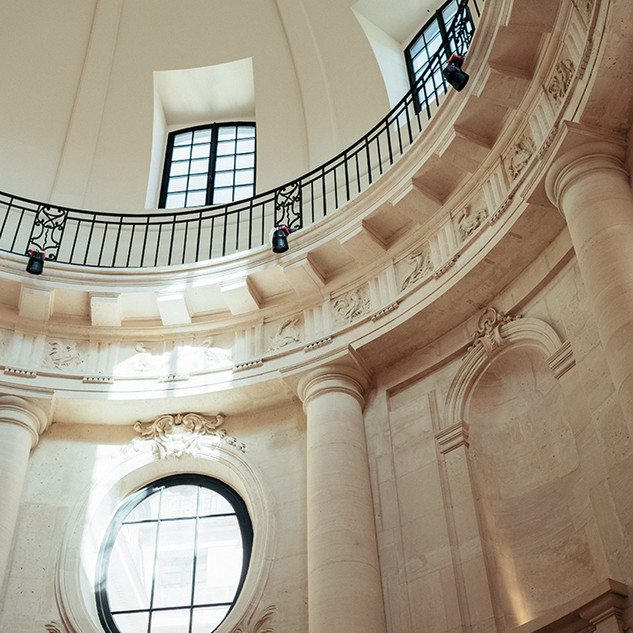
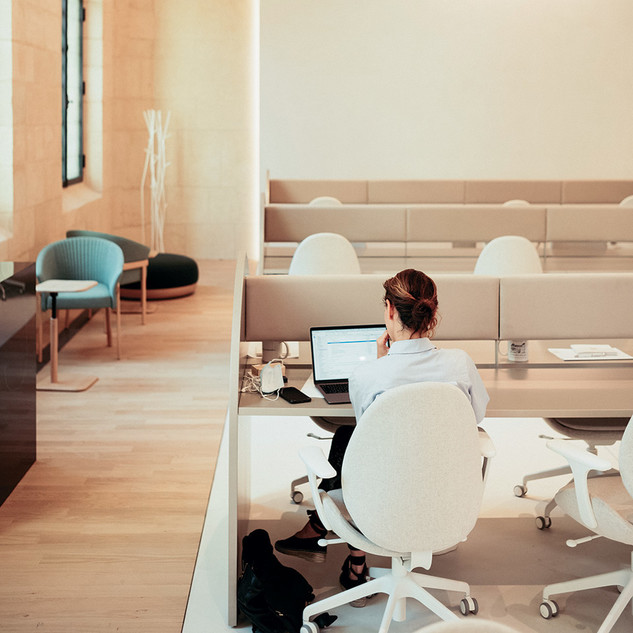
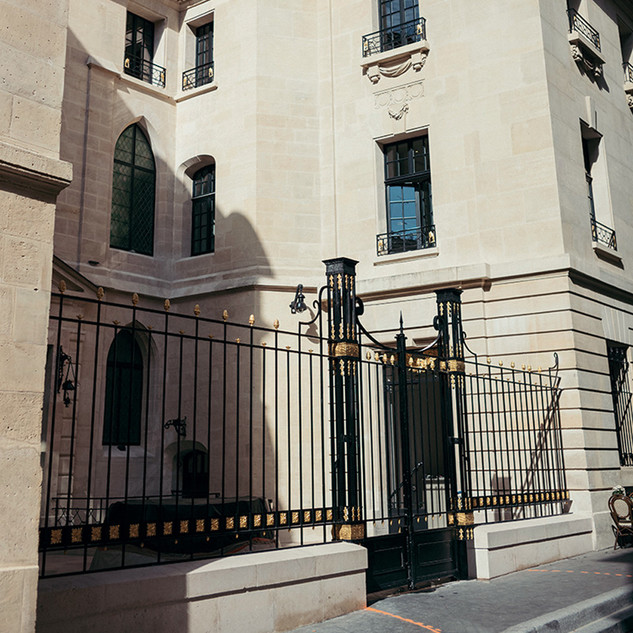
The Philanthro-Lab is also an incubator. At the end of the first appeal for projects, seven associations were chosen: Arpamed, Ikigaï, In:Expeditions, La Fabrique de la Danse, Passeur de mots, Passeur d’histoires, Activ’Action and Yes Asso. The seven winners, who will benefit from a workstation and personalised support for ten months, represent a wide variety of causes: support for the sick, inclusivity for disabled children, archaeological heritage, access to culture for all, the promotion of voluntary civic engagement, among others. And they will be joined, in January, by supported philanthropists (individuals or companies) for a period of six months. With perhaps great synergies on the horizon...

